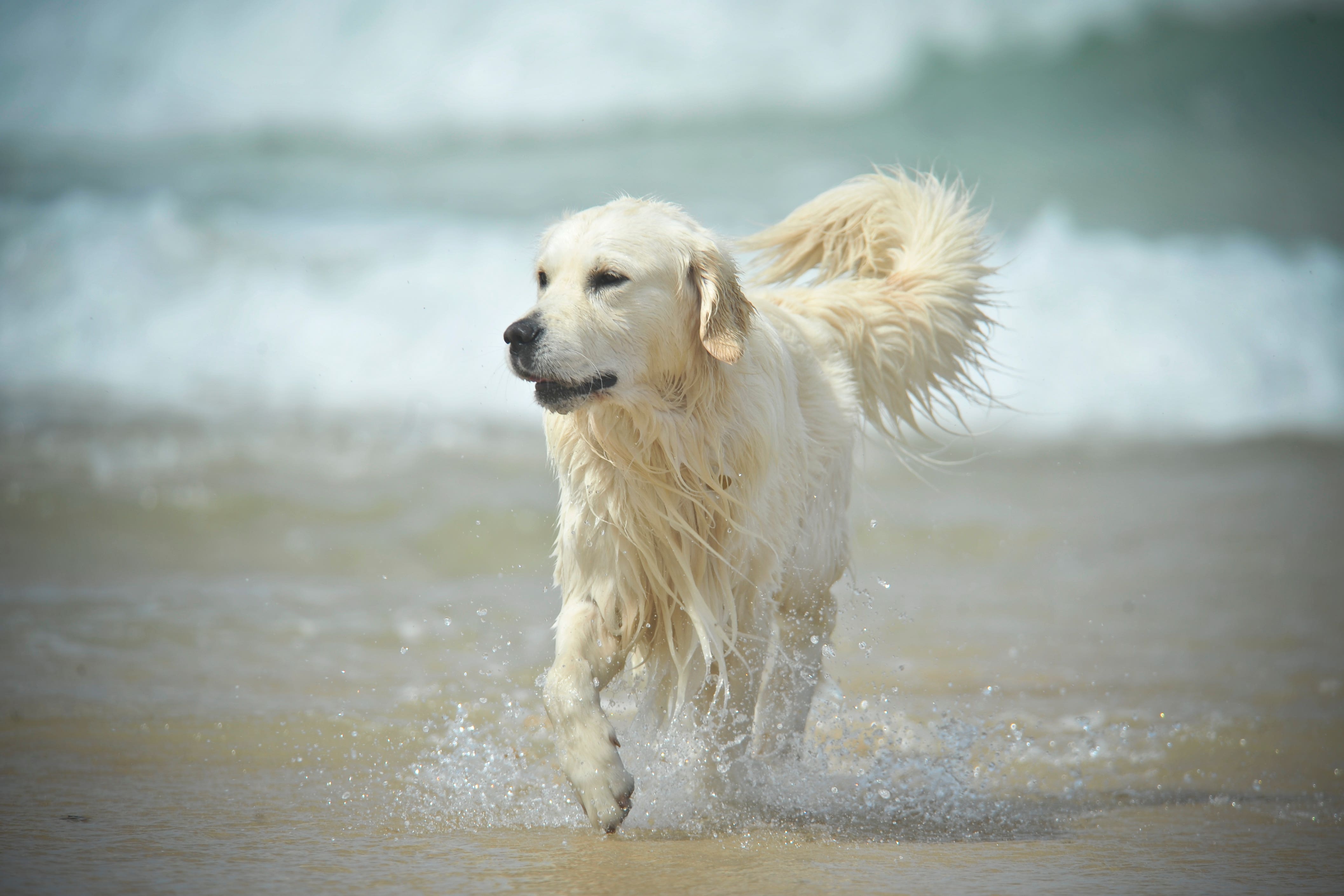Having pet dog or cat associated with poor sleep quality – study
Researchers said having a dog was associated with greater odds of having a sleep disorder while cat owners had a higher chance of having leg jerks.

Your support helps us to tell the story
From reproductive rights to climate change to Big Tech, The Independent is on the ground when the story is developing. Whether it's investigating the financials of Elon Musk's pro-Trump PAC or producing our latest documentary, 'The A Word', which shines a light on the American women fighting for reproductive rights, we know how important it is to parse out the facts from the messaging.
At such a critical moment in US history, we need reporters on the ground. Your donation allows us to keep sending journalists to speak to both sides of the story.
The Independent is trusted by Americans across the entire political spectrum. And unlike many other quality news outlets, we choose not to lock Americans out of our reporting and analysis with paywalls. We believe quality journalism should be available to everyone, paid for by those who can afford it.
Your support makes all the difference.Dog and cat owners may be more likely to experience disturbed sleep compared to those who do not have pets, research suggests.
Scientists in the US also found having a dog was associated with greater odds of having a sleep disorder, while cat owners had a higher chance of having leg jerks, also known as restless leg syndrome.
The team said its work, published in the journal Human-Animal Interactions, suggests pet ownership may have a negative impact on sleep quality in certain circumstances.
Lead author Dr Lauren Wisnieski, of Lincoln Memorial University, said: “Prior studies on the association between pet ownership and sleep quality and sleep disorders have varied results.
On an individual level, if you are having sleep issues, you may consider sleeping separately from your pet or restricting access to the bedroom to improve sleep
“On the one hand, dogs and cats may be beneficial for an owner’s quality of sleep due to the social support that pets provide – pets offer a sense of security and companionship, which may result in improvements in levels of anxiety, stress and depression.
“Yet on the other hand, pets may disrupt their owners’ sleep.”
She said the aim of the research was to find out “if there is an association between dog and cat ownership and sleep quality and sleep disorders – including consideration of aspects such as snoring, waking up during the night, needing pills to sleep and leg jerks”.
As part of the study, Dr Wisnieski and her colleagues focused on data from the National Health and Nutrition Examination Survey (NHANES) – studies designed to assess the health and nutritional status of people in the US – conducted in 2005-2006, involving 5,499 individuals.
The research also examined factors associated with sleep quality such as feeling unrested, feeling sleepy, not getting enough sleep, taking longer than 15 minutes to fall asleep, and getting less than six hours of sleep on average.
Dr Wisnieski said the biggest discrepancy between cat and non-cat owners was the prevalence of leg jerks, with 28.2% of cat owners reporting leg jerks compared to 21.2% of non-cat owners.
Although the causal nature of pet ownership and sleep quality cannot be established with this study, this study provides further evidence for the negative impact of pets on sleep
Meanwhile, in the case of dog owners, 28.7% reported having trouble sleeping compared to 21.6% of non-dog owners.
The prevalence of sleep disorders was 9.3% in dog owners and 6.4% in non-dog owners, Dr Wisnieski said.
However, Dr Wisnieski added that it was not clear from the data whether pet owners were co-sleeping with the animals.
But she added: “Although the causal nature of pet ownership and sleep quality cannot be established with this study, this study provides further evidence for the negative impact of pets on sleep.”
She said further research is needed with randomised controlled trials to determine the effects pets have on their owners’ sleep.
But in the meantime, Dr Wisnieski advises: “On an individual level, if you are having sleep issues, you may consider sleeping separately from your pet or restricting access to the bedroom to improve sleep.”